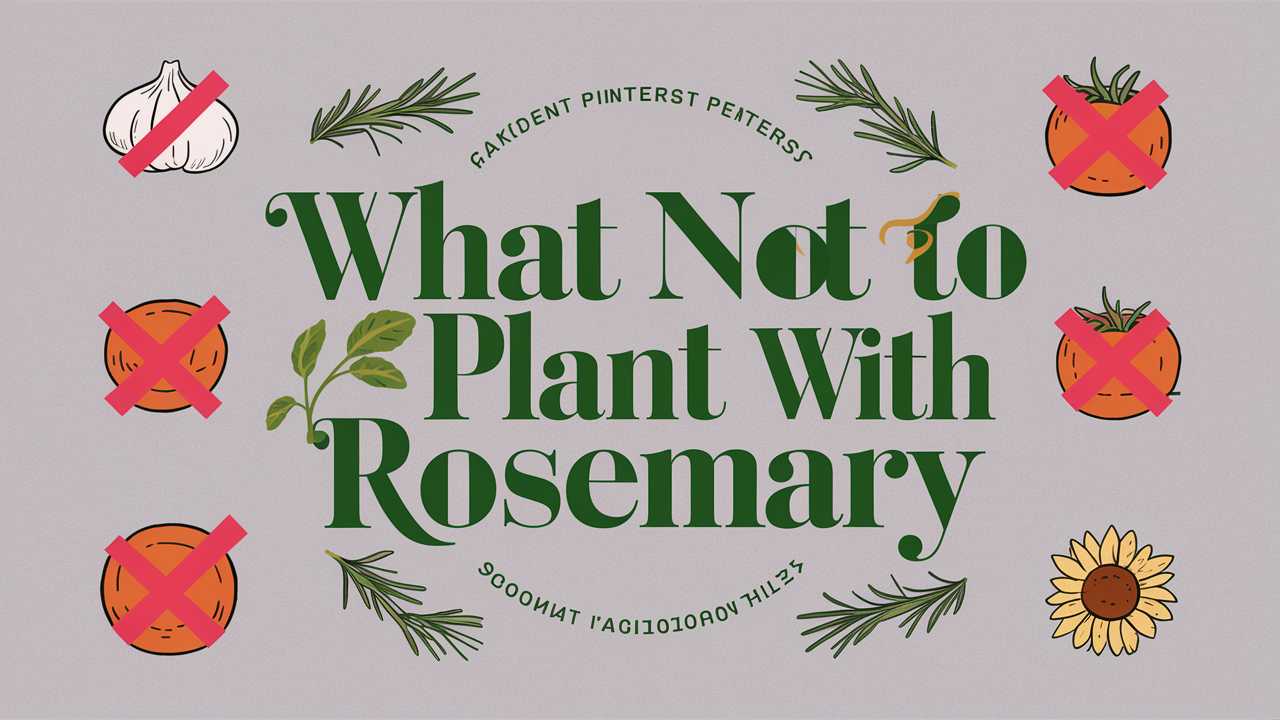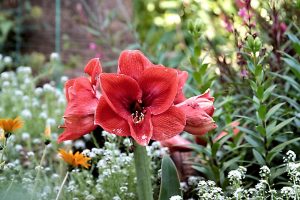Certain plants thrive alongside each other, while others can hinder growth or lead to poor yields. Here, we will discuss what to avoid planting with rosemary, delving into specific plants that do not have a harmonious relationship with this aromatic herb.
Basil
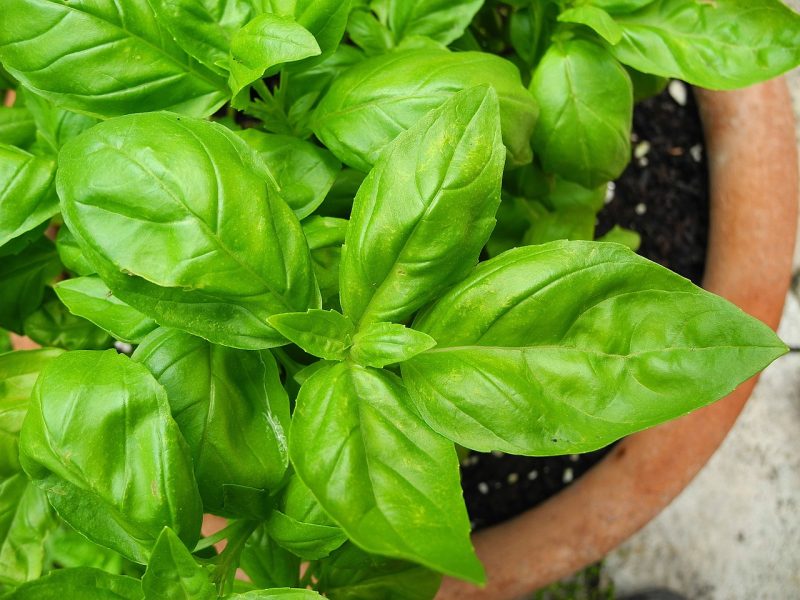
One of the most well-known culinary herbs, basil is prized for its aromatic leaves and is a staple in many kitchens, especially in Mediterranean cuisine. However, basil and rosemary are not the best companions. When planted together, they can compete for resources, particularly nutrients and water. Rosemary, being a Mediterranean plant, prefers drier conditions, while basil thrives in more humid environments. This clash can lead to stunted growth for both herbs. Additionally, the strong scent of rosemary can overpower the delicate aroma of basil, making it difficult to appreciate one or the other. Therefore, planting these two herbs in close proximity is not advisable.
Cucumbers
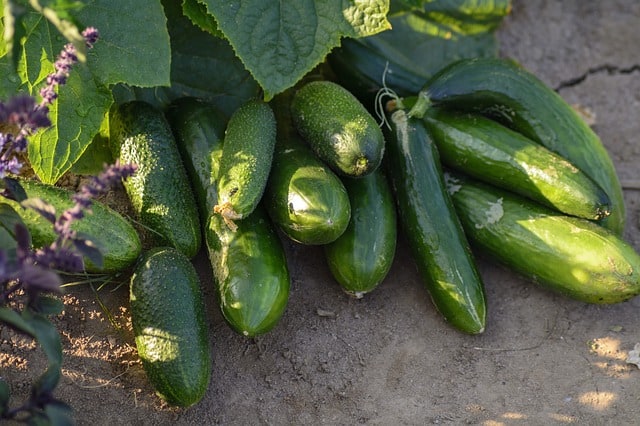
Cucumbers can be a refreshing addition to your garden, but they do not mesh well with rosemary. Rosemary’s growth habit, which tends to be bushy and sprawling, can overshadow cucumber plants and restrict their access to sunlight. Moreover, cucumbers are prone to a range of pests and diseases, including powdery mildew and cucumber beetles, which might not affect rosemary directly but can lead to an unbalanced garden ecosystem. The competition for space and resources can result in a drop in cucumber yields. Hence, it’s best to keep these two plants apart to ensure a flourishing harvest.
Fennel
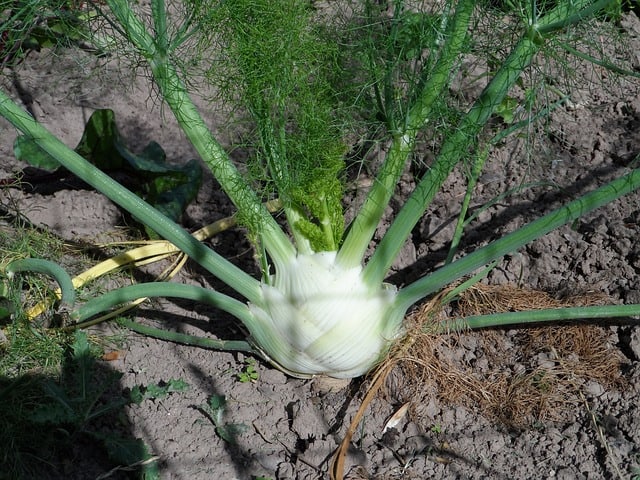
Fennel is another plant you may want to keep away from rosemary. This herbaceous plant is not only known for its unique flavor but also for its notorious ability to release allelopathic chemicals into the soil. These chemicals can inhibit the growth of nearby plants, including rosemary. The interaction between fennel and rosemary can lead to poor growth for the latter, as the cinnamon-scented fennel can disrupt root development and nutrient absorption. If you want to cultivate both herbs, consider planting them in separate areas of your garden to minimize any negative interactions.
Garlic
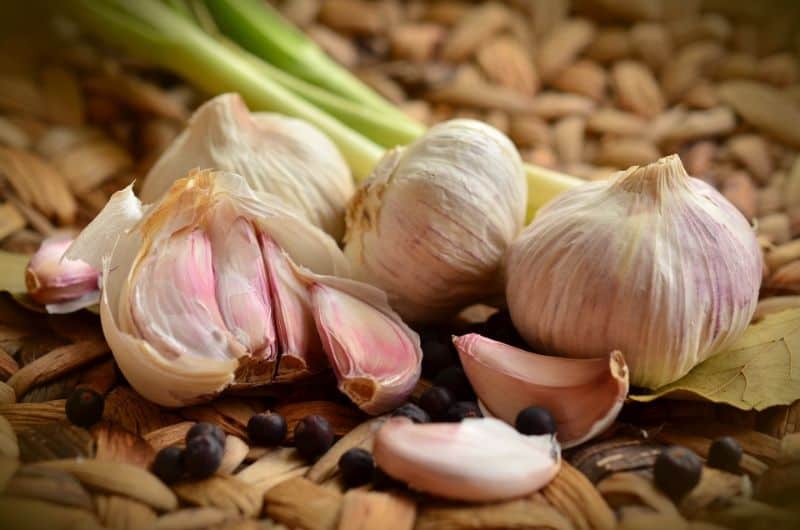
Garlic, a staple in many kitchens, is often touted for its numerous health benefits and culinary uses. While garlic itself can coexist with various other plants, it does not play well with rosemary. The strong, pungent aroma of garlic can overwhelm rosemary and may stunt its growth. Additionally, garlic’s growth habit can lead to competition for nutrients in the soil, particularly if planted too closely together. Both plants have specific needs for soil and moisture, and planting them in proximity can lead to an imbalance in their requirements. Therefore, for a thriving garden, it’s best to plant garlic and rosemary apart from one another.
Lemongrass
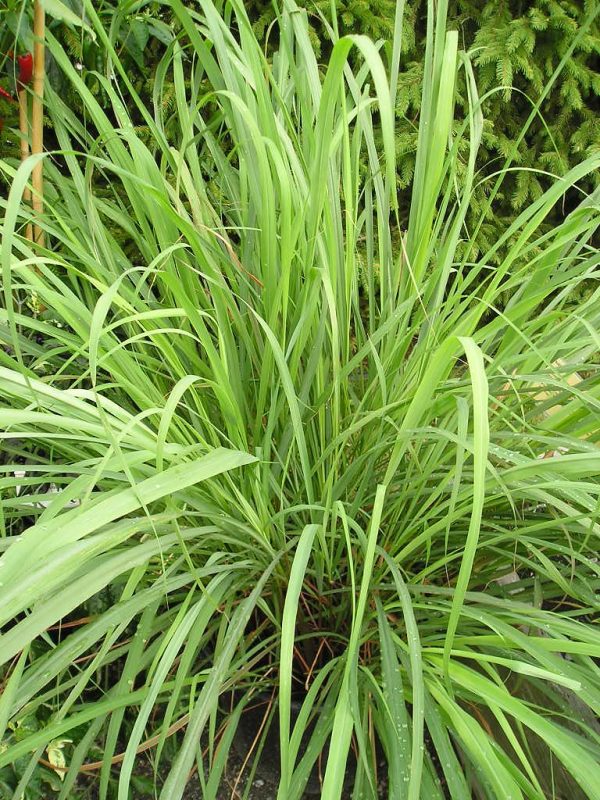
Lemongrass, with its tall stalks and refreshing citrus flavor, is another plant that does not get along with rosemary. This tropical grass has a unique growth habit, rapidly spreading and establishing dense clumps that can easily overshadow smaller plants like rosemary. Furthermore, lemongrass thrives in moist environments, which contrasts with rosemary’s preference for well-drained, drier conditions. This difference can result in water-related stress for rosemary, leading to poor health and growth. To ensure both plants flourish, consider giving each herb its separate area in your garden.
Mint
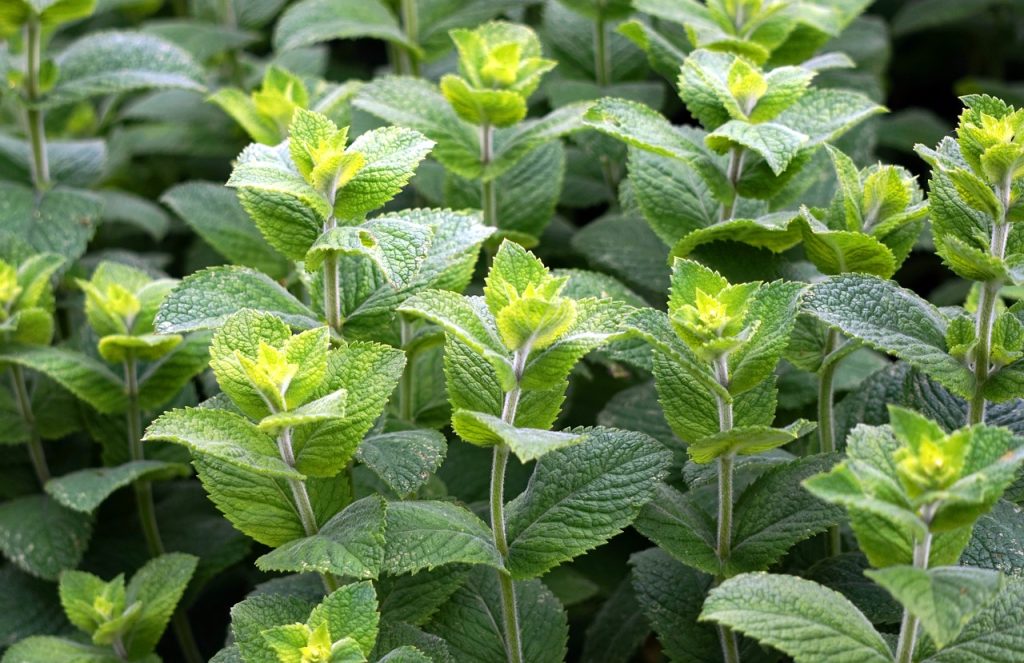
Mint is notorious for its vigorous growth and tendency to spread aggressively. While it may be tempting to plant mint near rosemary for a stylish herb garden, they are not ideal companions. Mint roots can extend and invade the space around rosemary, leading to resource competition. Moreover, mint often requires more moisture than rosemary, which prefers relatively drier conditions. This difference in water needs can create stress for both plants and inhibit their growth. To prevent overcrowding and competition, it’s wise to plant mint in a contained space away from rosemary.
Onions
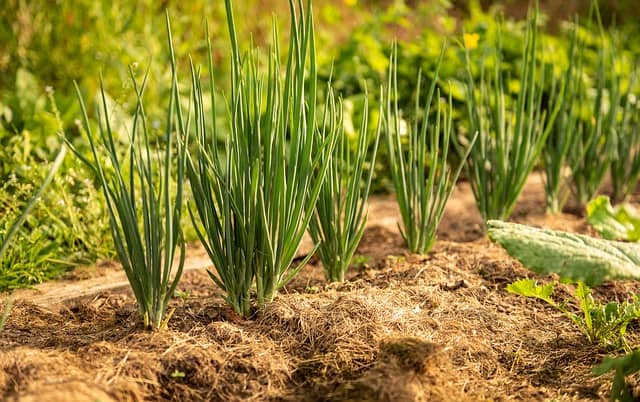
Onions are a versatile ingredient in many culinary dishes, yet they do not pair well with rosemary. Onions and rosemary can face nutrient competition when planted together, which may impede their growth and lead to disappointing yields. Additionally, the strong flavor of onions can overshadow the more delicate taste of rosemary, which can be undesirable if both are to be used in culinary applications. Lastly, rosemary’s bushy presence can inadvertently shade onions, affecting their growth positively or negatively. Ideally, keep these two plants in separate realms to allow each to thrive.
Pumpkins
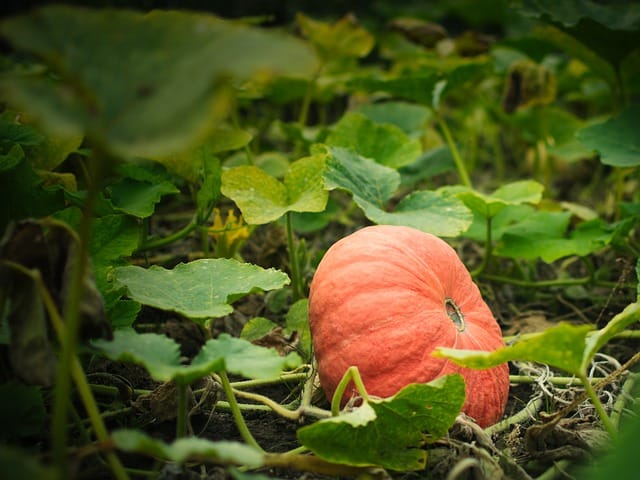
Pumpkins are a favorite in many gardens, especially during the fall; however, they are not a good match for rosemary. The sprawling nature of pumpkin vines can compete for space and light with rosemary, leading to a stunted growth period for both plants. Moreover, pumpkins thrive in rich, moist soil, whereas rosemary prefers to dry out between waterings. This difference in environmental needs can cause stress for rosemary, resulting in poor flavor and aromatic quality. To maintain balance in your garden, it’s recommended to give pumpkins their dedicated space away from the rosemary.
Tomatoes
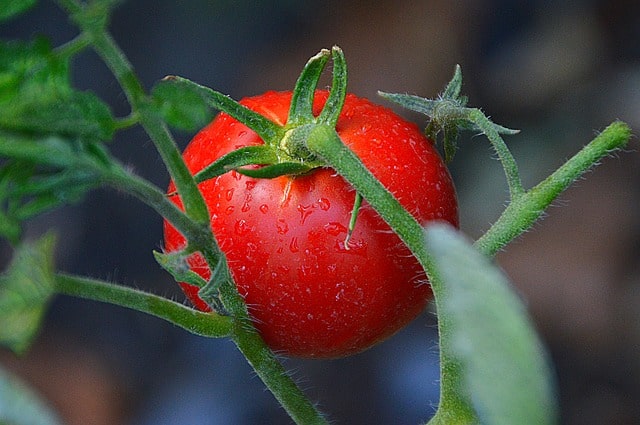
Tomatoes are a staple of many home gardens, beloved for their versatility and flavor. However, pairing tomatoes with rosemary is often not a wise choice. Both plants have different water requirements; tomatoes thrive in moist soil while rosemary prefers drier conditions. This discrepancy can lead to issues for rosemary, such as root rot, as it doesn’t tolerate overly wet soil well. Additionally, tomatoes are notorious for attracting pests such as aphids and hornworms, which could also pose a threat to rosemary. If you want to enjoy both plants, it is best to plant them in separate gardens to ensure their healthy growth.


